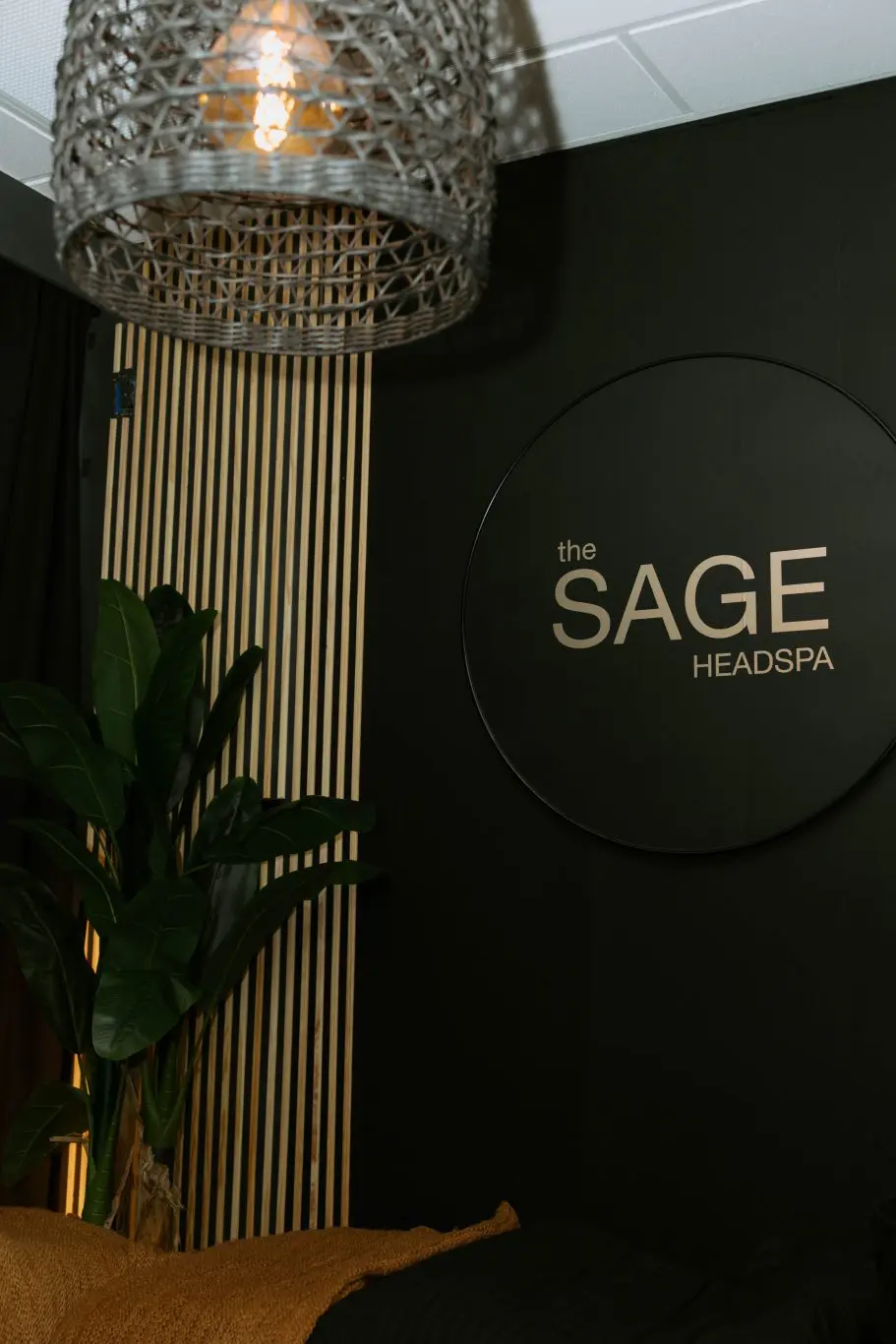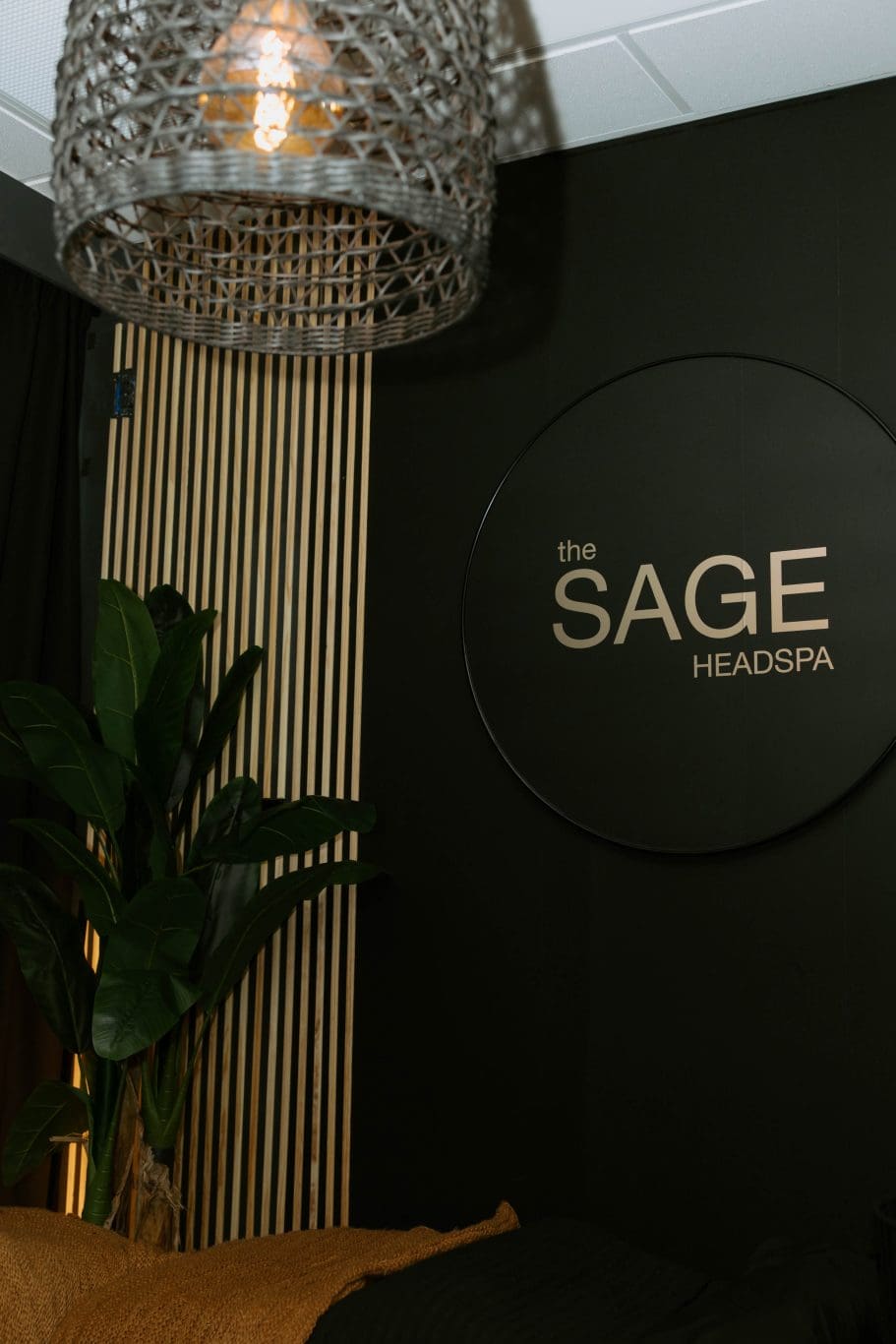Dandruff and itchy scalp are common issues that many people face, causing discomfort and often embarrassment.
Here’s the revised sentence with active voice:
Various factors can trigger these conditions, including dry skin, seborrheic dermatitis, sensitivity to hair care products, and the overgrowth of a yeast-like fungus called Malassezia.
Traditional treatments range from medicated shampoos and topical treatments to lifestyle changes.
However, in recent years, head spas have emerged as a potential alternative or complementary therapy for managing these scalp issues.
This article explores the effectiveness of head spas in providing relief from dandruff and itchy scalp.
Understanding Dandruff and Itchy Scalp
Dandruff is characterized by flaking of the scalp skin, which can range from mild to severe.
It is often accompanied by itching, redness, and irritation.
Itchy scalp, while sometimes a symptom of dandruff, can also occur independently due to various reasons such as dry skin, psoriasis, eczema, or an allergic reaction to hair products.
The key to addressing these issues lies in understanding their root causes.
Here’s the revised sentence with active voice:
For instance, antifungal treatments often manage dandruff caused by Malassezia, while moisturizing solutions may address dryness-induced dandruff.
Similarly, itchy scalp might need different approaches based on whether it is due to dryness, infection, or inflammation.
What is a Head Spa?
Here’s the revised sentence with active voice:
A head spa specializes in improving the health and wellness of the scalp.
Originating from Japan, this therapy combines various techniques including deep cleansing, exfoliation, massage, and the use of nourishing products.
The aim is to improve scalp health, promote relaxation, and enhance the overall condition of the hair.
Head spas typically involve several steps:
- Scalp Analysis: Before starting the treatment, a thorough analysis of the scalp is conducted to identify specific issues and tailor the treatment accordingly.
- Deep Cleansing: This step involves using specialized shampoos and scalp cleansers to remove dirt, oil, and buildup from hair products.
- Exfoliation: Gentle exfoliation helps to remove dead skin cells and unclog hair follicles.
- Massage: Scalp massage is a key component, improving blood circulation, reducing stress, and promoting relaxation.
- Nourishing Treatments: Application of serums, masks, or oils to nourish and hydrate the scalp.
- Rinsing and Styling: The final step includes thorough rinsing and, often, styling the hair.
How Head Spas Can Help with Dandruff and Itchy Scalp
Head spas offer several benefits that can potentially alleviate dandruff and itchy scalp:
- Deep Cleansing and Exfoliation: By thoroughly cleansing and exfoliating the scalp, head spas can remove excess sebum, dead skin cells, and product buildup that contribute to dandruff and itching. This helps in maintaining a clean and healthy scalp environment, reducing the chances of fungal or bacterial growth.
- Improved Circulation: Scalp massages enhance blood flow to the hair follicles, promoting nutrient delivery and waste removal. Improved circulation can lead to healthier hair and scalp, reducing dryness and irritation.
- Hydration and Nourishment: Many head spa treatments include the use of hydrating and nourishing products. These can help balance the scalp’s moisture levels, combating dryness-induced dandruff and soothing an itchy scalp.
- Stress Reduction: Stress is known to exacerbate scalp conditions. The relaxing nature of head spas can lower stress levels, which in turn can reduce the severity of dandruff and itchy scalp.
- Customized Treatments: Head spas often provide personalized treatments based on individual scalp conditions. This tailored approach ensures that specific issues are addressed effectively.
Scientific Support for Head Spas
Although head spas are popular and many users report positive results, researchers have not extensively studied their effectivenes However, several aspects of head spa treatments align with known beneficial practices for scalp health.
Exfoliation and Cleansing: Regular exfoliation and proper cleansing are well-established methods for managing dandruff. They help remove the buildup of dead skin and excess oils that can contribute to flaking and itching.
Massage and Circulation: Studies have shown that scalp massage can improve blood flow, which is beneficial for hair health. Improved circulation ensures that hair follicles receive adequate nutrients and oxygen, promoting overall scalp health.
Hydration: Keeping the scalp hydrated is crucial in preventing dryness and related conditions. Head spa treatments often involve moisturizing agents that can help maintain the scalp’s natural balance.
Potential Downsides and Considerations
While head spas can offer significant benefits, there are a few considerations to keep in mind:
- Cost: Regular head spa treatments can be expensive, and the cost may not be feasible for everyone.
- Effectiveness: The effectiveness of head spas can vary from person to person. While some may experience significant relief, others might find the benefits less noticeable.
- Temporary Relief: For chronic scalp conditions, head spas may provide temporary relief rather than a permanent solution. Ongoing treatment and lifestyle changes might still be necessary.
Integrating Head Spas with Traditional Treatments
For those considering head spas for dandruff and itchy scalp, it’s important to integrate them with traditional treatments. Here are a few tips:
- Consult a Dermatologist: Before starting any new treatment, it’s advisable to consult with a dermatologist. They can provide a proper diagnosis and recommend treatments that are best suited for your condition.
- Combine Treatments: Use head spas as a complementary therapy along with medicated shampoos, topical treatments, or other prescribed methods. This combined approach can enhance the overall effectiveness.
- Monitor Progress: Keep track of your scalp’s condition and note any changes or improvements. This will help in understanding what works best for you.
- Maintain a Healthy Routine: Along with head spa treatments, maintain a healthy hair care routine. Use mild shampoos, avoid excessive use of styling products, and ensure your scalp remains clean and hydrated.
Conclusion
Head spas offer a promising avenue for those seeking relief from dandruff and itchy scalp.
By providing deep cleansing, exfoliation, improved circulation, and hydration, these treatments can address some of the underlying causes of these common scalp issues.
However, it’s important to approach head spas as a complementary therapy rather than a standalone solution.
Integrating them with traditional treatments and maintaining a healthy scalp care routine will yield the best results.
As scientific research in this area continues to grow, head spas may become an increasingly validated option for managing scalp health.
For more information on how head spas can help with dandruff and itchy scalp relief, visit us at Sage Head Spa.
FAQs
What are the common causes of dandruff and itchy scalp?
Dry skin, seborrheic dermatitis, sensitivity to hair care products, and the overgrowth of a yeast-like fungus called Malassezia can cause dandruff and itchy scalp.
What is a head spa?
A head spa is a specialized treatment originating from Japan that focuses on the health and wellness of the scalp through deep cleansing, exfoliation, massage, and the application of nourishing products.
How do head spas help with dandruff and itchy scalp?
Head spas help by deeply cleansing and exfoliating the scalp, improving blood circulation through massage, providing hydration and nourishment, reducing stress, and offering customized treatments based on individual scalp conditions.
What are the steps involved in a head spa treatment?
The steps typically include:
- Scalp analysis to identify specific issues.
- Deep cleansing using specialized shampoos and scalp cleansers.
- Gentle exfoliation to remove dead skin cells and unclog hair follicles.
- Scalp massage to improve circulation and promote relaxation.
- Application of nourishing serums, masks, or oils.
- Rinsing and styling of the hair.
Are there any scientific studies supporting the benefits of head spas for dandruff and itchy scalp?
Although direct scientific research on head spas is limited, exfoliation, proper cleansing, scalp massage, and hydration are well-established practices that benefit scalp health.
Can head spas provide permanent relief from dandruff and itchy scalp?
Head spas may provide temporary relief, but for chronic conditions, ongoing treatment and lifestyle changes might be necessary. Integrating head spas with traditional treatments can enhance overall effectiveness.
What are the potential downsides of head spas?
The potential downsides include the cost of regular treatments, varying effectiveness from person to person, and the possibility that head spas may provide only temporary relief for chronic conditions.
How should head spas be integrated with traditional treatments for best results?
It is advisable to:
- Consult a dermatologist for a proper diagnosis and recommended treatments.
- Use head spas as a complementary therapy along with medicated shampoos and topical treatments.
- Monitor progress to understand what works best.
- Maintain a healthy hair care routine, using mild shampoos and avoiding excessive use of styling products.
Can stress reduction from head spas help with scalp issues?
The relaxing nature of head spas lowers stress levels, which in turn reduces the severity of dandruff and itchy scalp, as stress exacerbates these conditions.
How often should I get a head spa treatment for dandruff and itchy scalp?
The frequency of head spa treatments can vary based on individual needs and scalp conditions. Generally, getting a treatment every 2-4 weeks can be beneficial. It’s best to consult with a scalp specialist or dermatologist to determine the ideal frequency for your specific situation.
Are head spas suitable for all hair types?
Yes, head spas can be beneficial for all hair types. The treatments are customized based on individual scalp conditions and hair types, ensuring that everyone benefits from the deep cleansing, exfoliation, and nourishment provided by a head spa.





